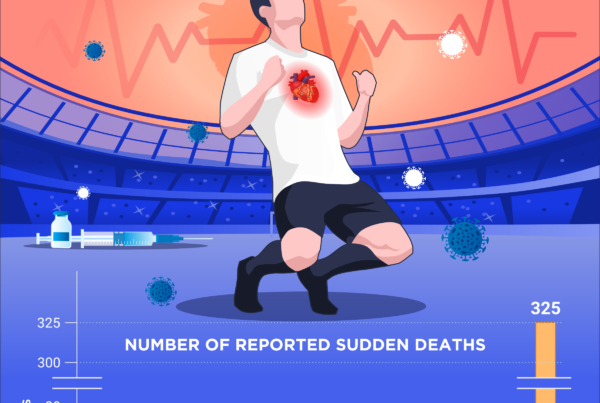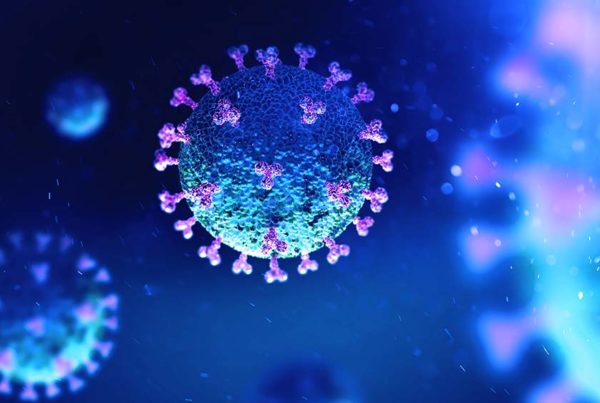
Natural fasting comes with many benefits, many of which we can even get without actually fasting! But the process must be personalized.
Fasting has become a trendy buzzword, but it’s always been a natural key to human performance.
Humans are built to endure periods of time without eating, and indeed the body needs this time to recoup. It’s a natural part of our circadian rhythm. While we spend about half our day eating healthy food and being physically active (hopefully), natural fasting occurs during the other 12 or so hours of the day. This break from eating allows for rejuvenation of the physical and metabolic body, recharging hormones, muscles, gut function and the brain’s mental-emotional state.
Natural fasting was described 5,000 years ago in Chinese Medicine, with science detailing the benefits during the past century, Unfortunately modern marketing has distorted this into something entirely different to sell diet programs, books and other products, and along with it creating terms like intermittent and periodic, juice fasting, whole-day, alternate-day and others. When fasting becomes cookbook like a trendy diet, it may not always be helpful. It may even be harmful.
Natural vs. Unnatural
What really is fasting? Just like with food and supplements, there are two types — healthy fasting and junk fasting.
Natural healthy fasting follows the body’s natural rhythms. It begins following the last meal of each day, then continues through sleep. We wake to eventually break our fast with food. It comes with many potential benefits, primarily increased fat-burning and ketone production for additional brain and body energy. It also rests the gut, while reducing oxidative stress and preventing muscle loss, which positively influences aging.
But the benefits of natural fasting can be lost with an unhealthy lifestyle. This can happen when we munch on snack foods into the evening or wake in the middle of the night to raid the fridge, eat junk food any time, or have poor sleep habits.
Unnatural junk fasting occurs when the body’s natural rhythms are interrupted. This happens in those who stay up late, wake up too early (and unrested), and those who work shifts. Forced fasting is also unnatural, such as when going on a diet that restricts food or calories, or following a routine that may be unhealthy such as skipping meals. Unnatural fasting infers the effective process of fasting does not take place, and in fact can do harm such as slowing your metabolism.
When fasting follows a cookbook diet-like approach, it’s not as appropriate for most people. If we try extending our fasted state, such as into the evening or morning, skip meals one day a week, or other routines but feel hungry, moody, shaky, or fatigued, it’s an indication what we are doing may be unhealthy.
Fad Fasting
Fasting has also become a trendy fad, with many diet-like books and blogs that hype supposed instant benefits. It’s usually part of a cookbook routine that reduces food, typically for weight loss. This is why it can be unnatural and unhealthy. It may include skipping meals to extend the natural fast, or going all day without food. While this potentially has some benefits when performed in a healthy way, it can often be unnatural and unhealthy. For example:
- When baseline metabolism is unhealthy, such as poor fat-burning due to not eating healthy food.
- When reduced food intake also reduces nutrients, we risk deficiencies in vitamins, minerals, proteins and fats.
Many are familiar with the trendy fasting names, which science also defines: intermittent (12+ hours), calorie restriction (reducing or eliminating food), time restricted feeding (reducing food intake to an 8-12-hour period), alternate day or periodic fasting (restricting food intake 1 or more days a week), and alternate day/modified fast (restricting food to 25% of normal on fasted days).
However, these definitions have a caveat: they include the fact that one must make up the nutrients lost during the fast with more nutritious food. Many people who fast miss this point, one reason fasting can be unnatural and unhealthy. Just skipping a meal reduces nutrient intake and potential deficiency over time. Consider protein: if you require 100 grams a day but fast one day a week, you must make up for that deficit by eating more protein foods. Most people don’t consider this important issue.
Caloric Restriction
Like a diet, calorie restriction is considered a form of fasting. But like other fasting routines, reducing calories is only healthy when we avoid nutritional imbalance by consuming sufficient food afterwards. In fact, the clinical and scientific reality regarding fasting includes what is done afterwards — making up for nutrient loss.
In addition, decades of scientific research demonstrate that most people are unable to maintain dietary routines like fasting, including caloric restriction, for any significant period of time. When the excitement of a trendy fast wears off, most people stop it. Reasons include: it makes me moody or cranky; it didn’t help me; it didn’t make me feel good. And like calorie restriction, most people who lose weight from fasting gain it back — plus more.
No-fast fasting
We can actually get many of the benefits of natural fasting without actually fasting. Consider reduced oxidative stress for improved aging (and disease prevention), increased fat-burning for reduced body fat and weight, more mental and physical energy, and less hunger. We can obtain these and more benefits by ensuring our window of natural fasting is long enough (such as 12 hours), and by eating only healthy foods and doing physical activity that promotes fat-burning.
Otherwise fasting can be unhealthy. Caloric restriction accompanied by reduced nutrient intake can impair our HPA axis (think adrenal stress/excess cortisol) triggering many other unhealthy problems.
So a healthy lifestyle combines natural daily fasting with the food and exercise, allowing us to maximize all these benefits!
Slow Aging
Fasting can have a positive impact on the aging process. Within the body are free radicals, formed by oxygen, that produce oxidative stress. As an example, oxidative stress produces rust on iron but in humans it results in many effects we know as aging.
In healthy people, the body more actively breaks down and disposes of these free radicals. Fasting helps in this process.
Fasting Fitness
Fasting in itself helps the body promote fat-burning. When you do not eat, the body does not have food to convert to immediate energy, and since no carbohydrates are being consumed, there is also little to no production of insulin. The result is an almost complete reliance on stored body fat for fuel.
Like training without eating carbs and using the MAF 180 Formula, fasting promotes fat-burning. The beauty of this is you can do it in your sleep! In the absence of food, the body will tap into stored body fat for fuel.
Even lean endurance athletes have enough stored body to travel several days without consuming any food. While I do not recommend you try this, you may wish to experiment with exercising first thing in the morning while your body is still in fasting mode. Extending this period of fat-burning through your workout can help the body adapt an even greater capacity to utilize this almost unlimited source of energy. However, this won’t work if the foods you do eat are not truly healthy.
Added Benefits
Additional benefits of effective daily fasting and an exceptional eating style include reducing our metabolic rates so as not to require as much food. Many people who begin eating healthy can, over time through adaptation, reduce caloric needs (by as much as 30 percent), which can be significant. This is the type of healthy caloric restriction that influences overall health and aging, in particular as we use more fats and ketones for fuel.
There are more benefits too, such as recovery (from exercise, competition, work, etc.), something we do during sleep when we’re fasting, which helps provides many metabolic benefits.
In order for this to work well, we can’t restrict nutrients and can’t eat junk food. In other words, we can use food to get very similar benefits that fasting provides.
So natural fasting is an important part of our circadian rhythm—we’re built to fast on fat every night.
This is an update to a previous article, “Fasting without starving.”








